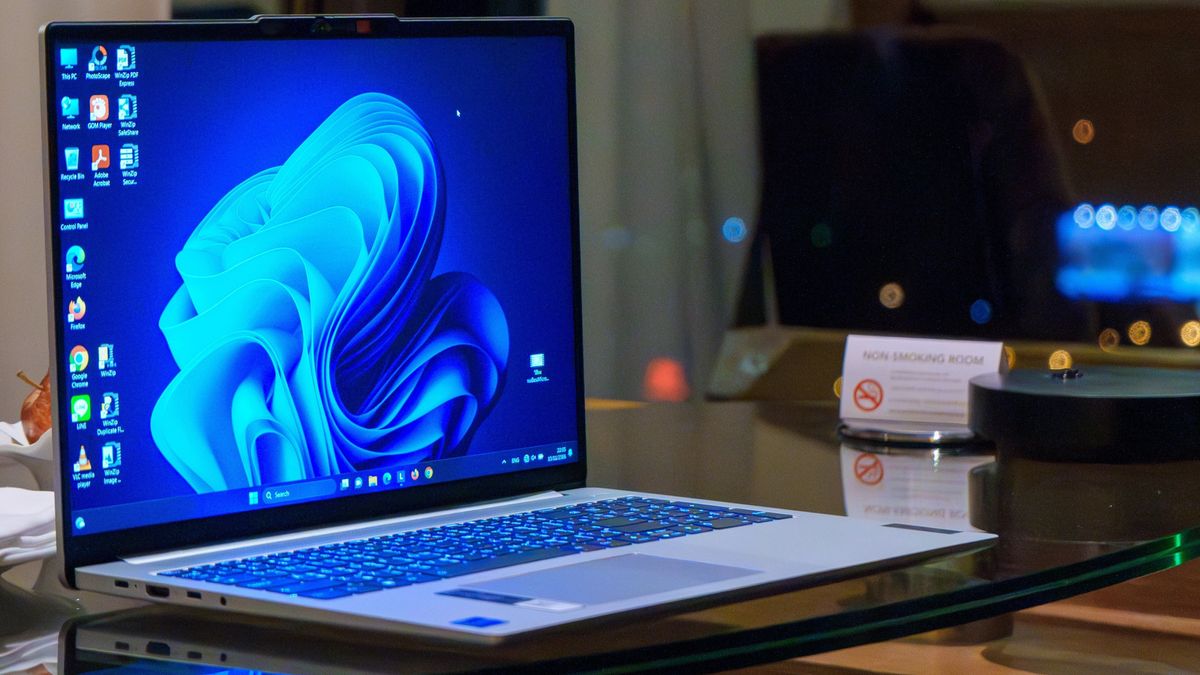Microsoft is finally rolling out its long-awaited Windows 11 24H2 update, which includes a number of new AI goodies for Copilot+ PCs, like the infamous Recall feature. Under the hood, Microsoft has also optimized the Windows Update stack, improving installation times by up to 45.6% and reducing CPU usage during installation by 25%.
Windows 11 24H2 incorporates various innovative methods to achieve these massive gains. The first is the parallel processing of component manifests, which means Windows can process multiple update manifests (information about components to be updated) concurrently. Secondly, update manifests are now cached after being processed, so if they are referenced elsewhere in the future, they can simply be retrieved from memory rather than processing the entire manifest again. Lastly, the RAM needed to store these update manifests is now scalable – dynamically adjusting the amount required based on the workload.
Now, that was a lot of technical jargon. To keep things simple, Microsoft also conducted several tests using an Azure Virtual Machine to depict the impact of this update on a well-maintained system and an outdated device. The PC undergoing regular maintenance sees the largest uplifts in fluidity and performance. Microsoft claims up to 45.6% faster Windows Update installation times while reducing CPU usage by 15.3%.
| Metrics | % Change for a Well-Maintained System | % Change for an Outdated System |
|---|---|---|
| Installation time | 45.6% faster | 43.6% faster |
| Restart time | 39.7% faster | 33.5% faster |
| CPU usage time | 15.3% less | 25% less |
The second test was conducted on a typical outdated device that hasn’t been updated in the past 18 months. The results are similar to those of the well-maintained system, demonstrating how minor optimizations can contribute to large performance gains. Note that you will see these results only when downloading and installing the update.
Microsoft also managed to trim future feature updates by upwards of 200MB. This has been achieved by checking if your device already has the latest version of a built-in Windows app from the Microsoft Store. If so, Windows Update will not redownload the package, resulting in a smaller footprint.
The Windows 11 24H2 update has been available for consumers since the start of October. A few issues have been reported, such as BSODs for users with specific SSDs from Western Digital and SanDisk. On the contrary, this update has dramatically improved the performance of AMD’s Ryzen CPUs, so there’s a bit of give and take everywhere.











